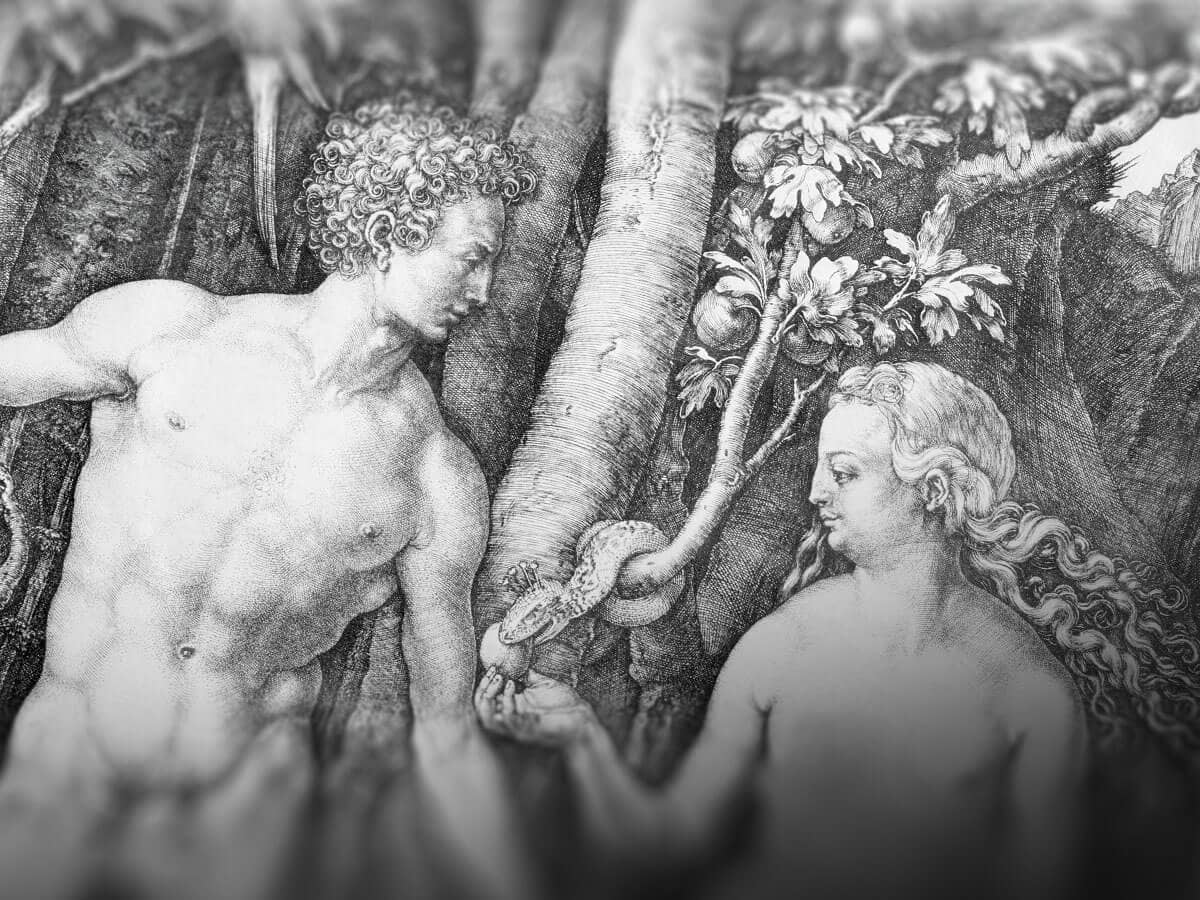Hakhel, literally "gather together," is one of the last commandments in the Torah, first mentioned as part of Moses' instruction to the nation just prior to their entry into the Land of Israel:
"At the end of seven years, at the time of the Sabbatical year, on the feast of Tabernacles...Gather all the people together, the men and the women and the children and the stranger that is within thy gates that they may hear and they may learn and fear God."During the Temple era, every seven years on the Sukkot holiday, the people of Israel would gather in Jerusalem at the Temple, and the King of Israel would read selected portions from Deuteronomy, the fifth book of the Torah, amid much fanfare. Hakhel was a gathering of momentous proportions, as Jews of all ages, from all over the country, gathered together to reaffirm their unity as a people and their commitment to Jewish traditions.
(Deuteronomy 31: 10-12)
Hakhel also became an inherent part of the seven-year agricultural cycle: During the seventh year, the Shmittah Year, the land was to lay fallow, unburdened by the farmer's plow. Hakhel marked this cycle's completion.
With the destruction of the Temple and the diaspora, some of the Hakhel traditions died out or were reinterpretted. Yet with the birth of the Zionist movement and the creation of the state of Israel, rabbis and leaders in Israel sought to re-establish the Hakhel ceremony.
By 1987, Hakhel was celebrated by over 100,000 Jews who gathered at the Western Wall, in the presence of leaders of Israel and the Jewish world. The president of Israel, the late Chaim Herzog, read from the bible.
Sukkot 2001 is the prescribed time for Hakhel. Organizers of this year's ceremony expect hundreds of thousands of participants, including Israel's President Moshe Katsav, and will include the televised participation of Jewish Diaspora communities. It will be a celebration of Jewish unity and solidarity. Organizers also hope that it will be a demonstration of support for Israel among Jews worldwide.

